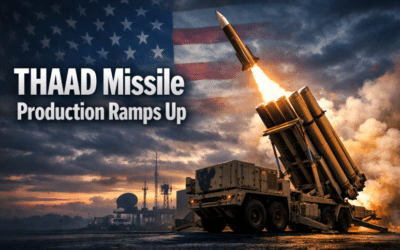A top US commander told Congress that NATO was prepared for a massive troop surge into Eastern Europe. The alliance has already positioned thousands of troops in its most eastward states.
Gen. Christopher Cavoli, head of US European Command, told Congress on Wednesday that NATO is prepared to triple its troop deployments to Eastern Europe. “In the immediate aftermath of the invasion, NATO took the decision to establish new battlegroups on a standing basis,” he said. “By design, they can all go up to brigade size at a time of need. And a number of nations have already elected to go up to that.”
After Russia invaded Ukraine in 2022, the North Atlantic alliance engaged in a massive eastward buildup, adding l battle groups in four additional countries it dubs its “eastern flank.”
NATO now has battlegroups consisting of at least 1,000 soldiers in each country. Generally, a brigade is 3,000 to 5,000 soldiers, meaning the NATO deployments could be more than tripled. The general explained that the deployments are a part of “a definite shift eastward.”
The US now has over 100,000 troops in Europe. Other countries, such as Germany, have also moved troops eastward. Earlier this week, Berlin announced it had permanently moved troops into Lithuania for the first time since World War II.
The Washington-led NATO expansion and military buildup into Eastern Europe after the end of the Cold War has been viewed as an existential threat by Moscow. In 2008, NATO declared that Ukraine would one day become a member, and the Kremlin warned Kiev that joining the alliance would cause a war.
Over the past decade, Ukraine inched closer to NATO membership, and the alliances’ forces were positioned near the Russian border. After Vladimir Putin ordered the invasion of Ukraine, he explained that NATO encroachment was one of his core reasons for going to war.
The Kremlin has made multiple offers to end the war in exchange for an agreement that Kyiv would remain neutral and vow never to join the US-led bloc. However, last week, Secretary of State Antony Blinken said that was not something Washington would agree to, and that Ukraine would still one day join NATO.
































